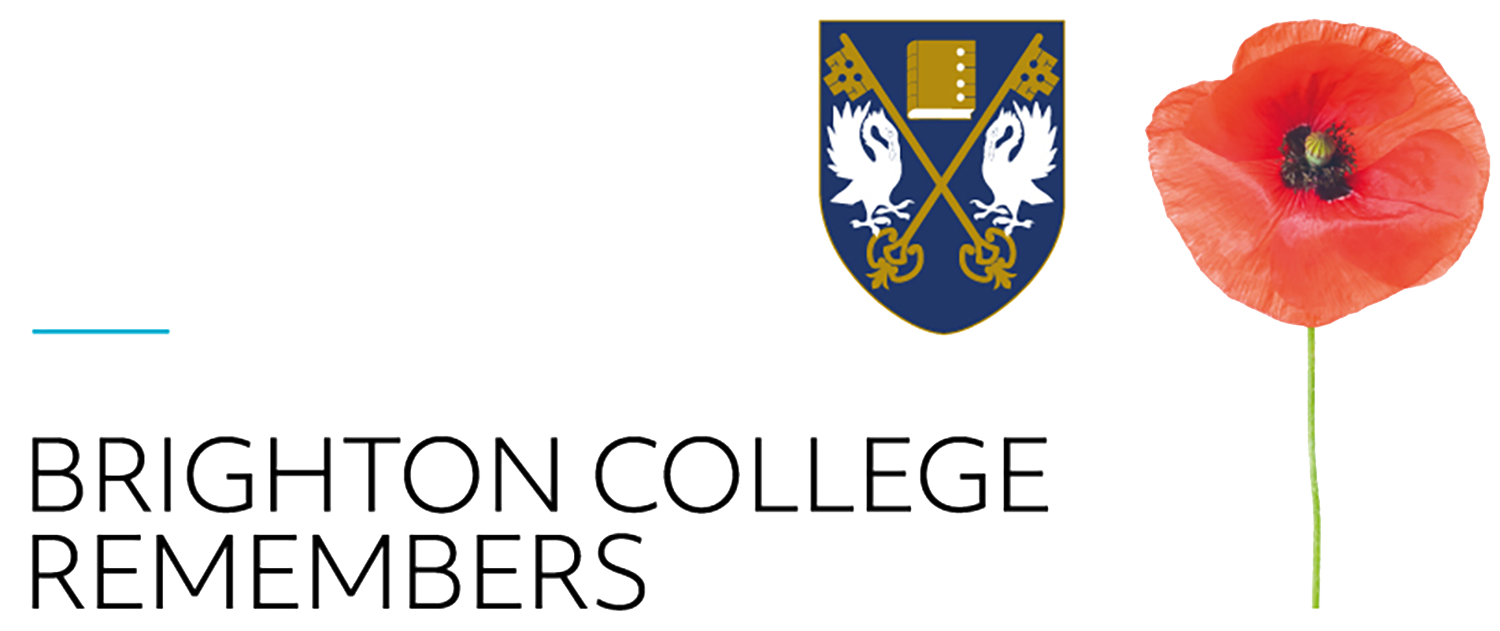Brigadier, Indian Army
Born: December 12th 1899
Died: October 30th 1945
Age at Death: 45
Killed during civil unrest in the Dutch East Indies.
Medals / honours: OBE CIE
School Prefect 1916
Head of House 1917
Aubertin was born on 12 December 1899, the son of William Mallaby, actor, unsuccessful gambler and confidence trickster. Nurtured by a devoted mother, Katharine (née Miller), Mallaby won a scholarship to Brighton College, where he was a School Prefect and Head of House. His sense of mischief must have made him popular among his schoolfellows. Aubertin’s brother, who became Sir George Mallaby, headmaster and public servant, recalled in his memoirs:
He was the king of nonsense and to this day I can laugh outright and uncontrolled at much of our boyhood silliness.
In 1917 Mallaby joined the Indian Army. By 1943 he was Acting Major General and Director of Military Operations at General Headquarters India. By this time he had married Margaret Jones, known as Mollie, and had three children: Christopher (later Sir Christopher, who served as ambassador to France and Germany), Antony and Susan. Sir Christopher recalled: ‘The last words he ever said to me were: “Look after Mummy”. I hope that this unforgettable remark influenced my own behaviour to my own mother.’ Mollie gave her new husband the more commonplace name Peter against his wishes, and the name stuck.
It was only after the formal end of the war that the most dramatic, and strangest, chapter of his life began. On 25 October 1945 his ship arrived at Tanjung Perak, the port of Surabaya in Java, carrying approximately 4,500 lightly armed men from the 49th Indian Brigade. Mallaby’s main task was to rescue 16,000 Dutch prisoners of war, as well as numerous women and children, from the city.
Initially, matters went well, but on 27 October disaster struck. Thousands of leaflets produced by British Divisional HQ were dropped by planes over Surabaya, effectively declaring martial law. Mallaby was apparently left speechless for several minutes after reading them. His new orders were to take the city by force and impose martial law. The leaflets caused uproar (the Dutch East Indies had been retaken from the Japanese, but the local inhabitants wanted independence), and savage fighting broke out between the Nationalists and the 49th Indian Brigade. Another temporary ceasefire was agreed, but someone was needed to head back into the lion’s den to wave the white flag and announce this new peace deal.
Mallaby’s last words as he left HQ for this mission were: ‘If any of us get killed, splash it all over the world.’ He headed back into the main town square in his car. Most urgently, 6th Battalion of the 5th Manrattas had been caught up in a fight defending the International Bank Building, and needed assistance. As Sir Christopher, his son, later recounted:
Father had got out of the car and crossed the square on foot, mobbed by people. The three officers with him were disarmed. Then it got very nasty... Some very young activists came to the car. Dad asked for the senior activists…but a 17-year-old killed [shot] my father.
The death of Mallaby caused an uproar. Highly laudatory obituaries came flooding in. Major-General Francis Tuker, a fellow Old Brightonian and future governor of the College who knew Mallaby from serving in South Asia, wrote in the school magazine’s obituary:
In the British army it is often stated that no-one is indispensable or irreplaceable. It can confidently be stated that at this time Mallaby is an exception to this rule.
The British responded by despatching an entire division to capture the city, in the three-week Battle of Surabaya, though shortly afterwards they withdrew from Indonesia for good. Mallaby is buried at the Commonwealth Military Cemetery in Jakarta.

